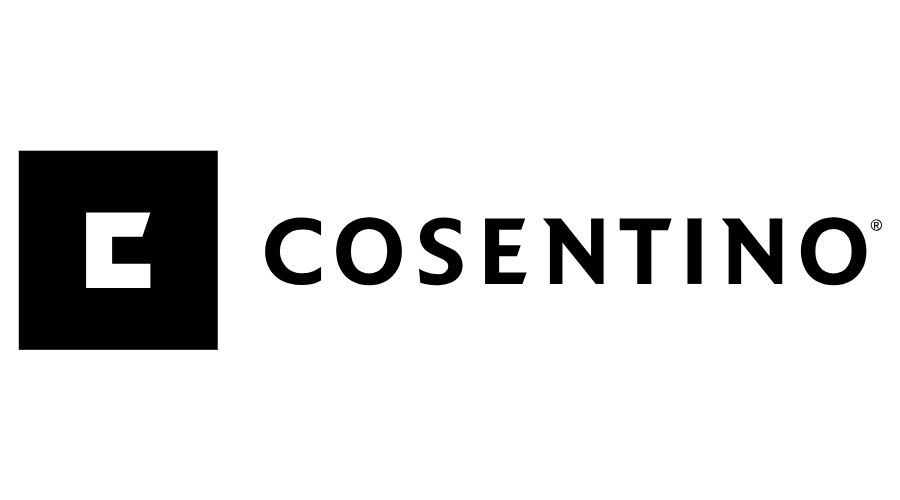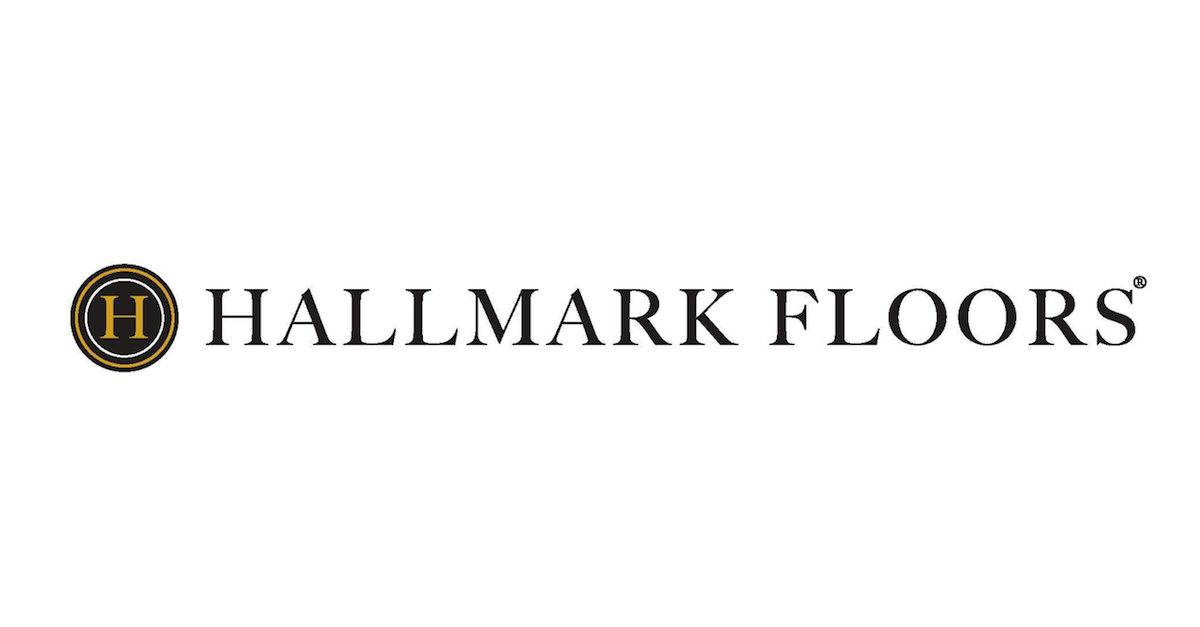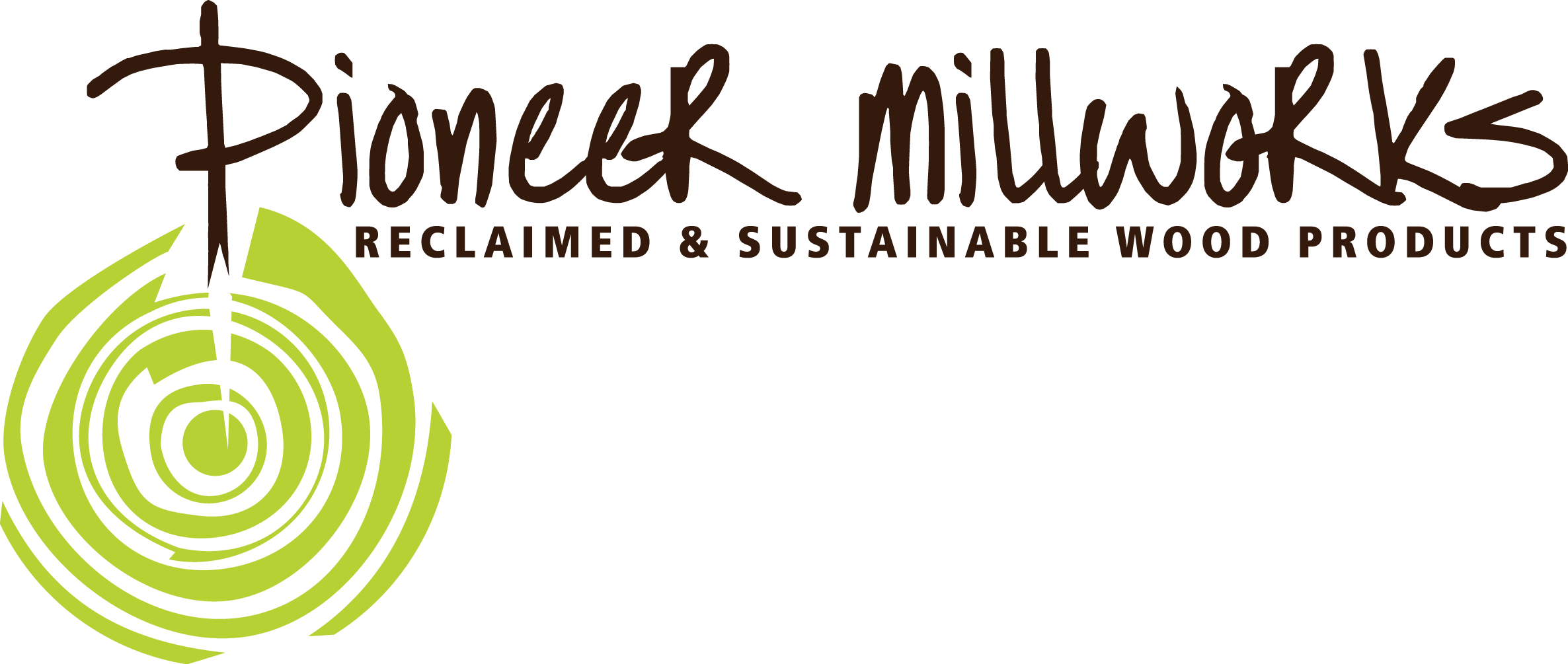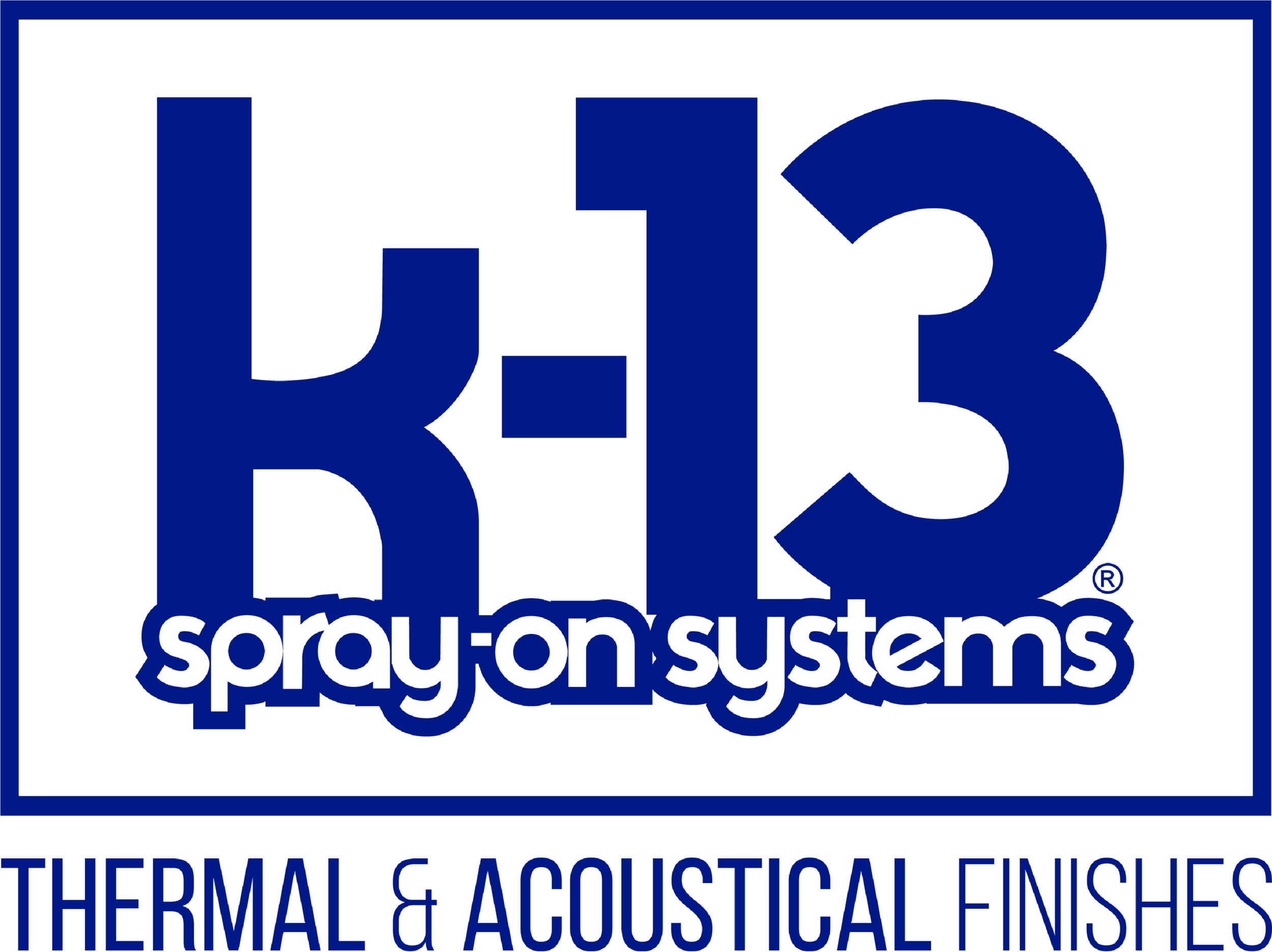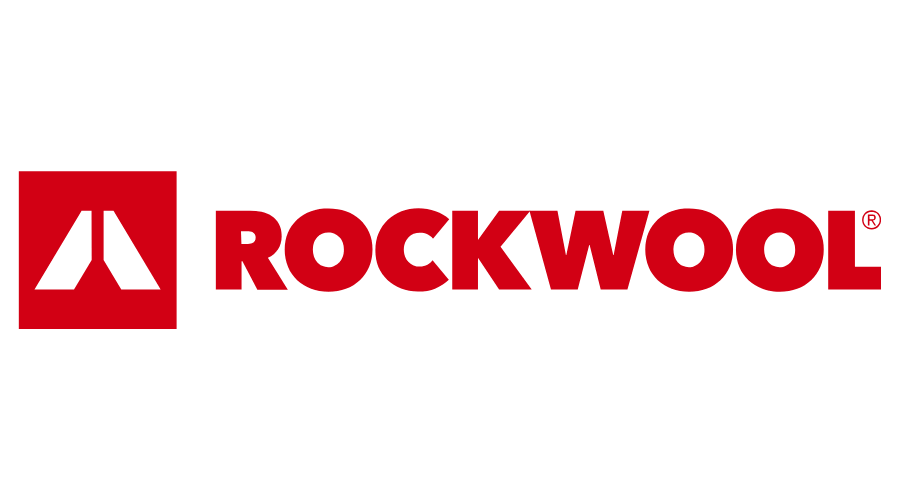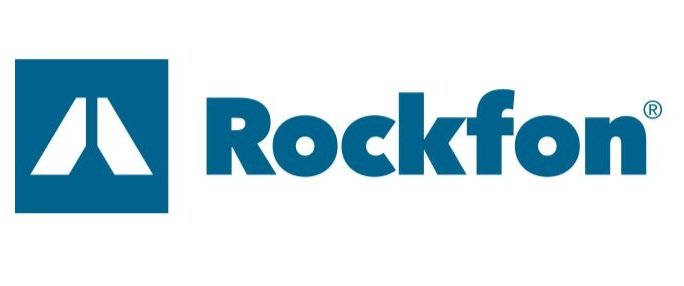ABOUT THE Manufacturer materials commitment
The Manufacturer Materials Commitment is an industry-led initiative supported by mindful MATERIALS. This letter is intended to demonstrate industry leadership and inspire meaningful dialogue with the larger green building community about how we build with ‘mindful’ materials. By responding directly to the AIA Materials Pledge, this Manufacturer commitment supports the establishment of a common framework for materials sustainability and allows different industries to align language and action.
If you are a manufacturer of building materials, this letter is your opportunity to respond to the demand for holistically sustainable products and join the industry dialogue. Signatories publicly commit to ongoing collaboration with the broader industry, and to working towards manufacturing holistically sustainable products, in order to drastically reduce the negative impacts of the built environment. Add your company and join the movement.
MANUFACTURER MATERIALS COMMITMENT
Dear Building Ecosystem Member,
The built environment is in need of a transformation. Health, of humans and the environment, are the heart of this transformation and the products and materials we build with are the foundation for this change. Building products are currently responsible for 11% of all global carbon emissions; construction and demolition accounted for 600 million tons of waste in the US alone in 2018, and 90% of human disease risk is a result of everyday exposures (including, but not limited to, building materials). This trajectory is clearly unsustainable.
The recent proliferation of stakeholder-led public pledges, including the mM Owner Commitment, the Contractor Commitment, and the A&D Materials Pledge (among others), have each provided a beacon of hope, sending a powerful signal of demand to the manufacturing community for materials that will meet a holistic definition of ‘health’. As leading members of the manufacturing community, we are united behind this common cause of creating the materials that support a more sustainable built environment.
We each pledge to work collaboratively to define, benchmark, and transparently disclose our progress towards creating materials that support:
Climate Health
Human Health
Ecosystem Health
Social Health and Equity, within a
Circular Economy
These pledges are important, but they are just the beginning of our work together. This is a commitment we cannot deliver on alone. Everyone has a role to play in creating measurable change, from designers to contractors, owners and beyond.
Here is what we ask of designers, contractors and owners as partners in this work:
Sign onto a Materials Pledge today . Already signed on to one? Spread the word.
Build pledge commitments into your internal and external education . Make the ‘why’ and ‘how’ of product sustainability clear and actionable. Here’s an example .
Get started early : Establish sustainable product requirements as the beginning of your projects and hold all project members accountable for action.
Use common databases to streamline this work: mindful MATERIALs library and other databases make it easier to find more sustainable products. We will continue to update and upload more products in this database to support these efforts.Make sustainability standard : Owners have the power to drive materials priorities, but don’t wait on them to get started. Integrate sustainable product requirements in RFPs on all projects for all product categories (even those you can’t see).
Be transparent and vocal : Talk about your progress in transforming material use. This signals demand and inspires others.
Give us feedback : Tell us why you did or didn’t use our product. Feedback is powerful information and a driver of change. It will ensure we can continue to invest (and reinvest) in sustainability for years to come.
Now is the time to make ‘mindful’ materials the norm for all buildings, not the option. Only by working together can we remove the silos that prevent progress, and move the needle on buildings that holistically support impact reduction through materials.
In partnership,
MANUFACTURER MATERIALS COMMITMENT SIGNATORIES









